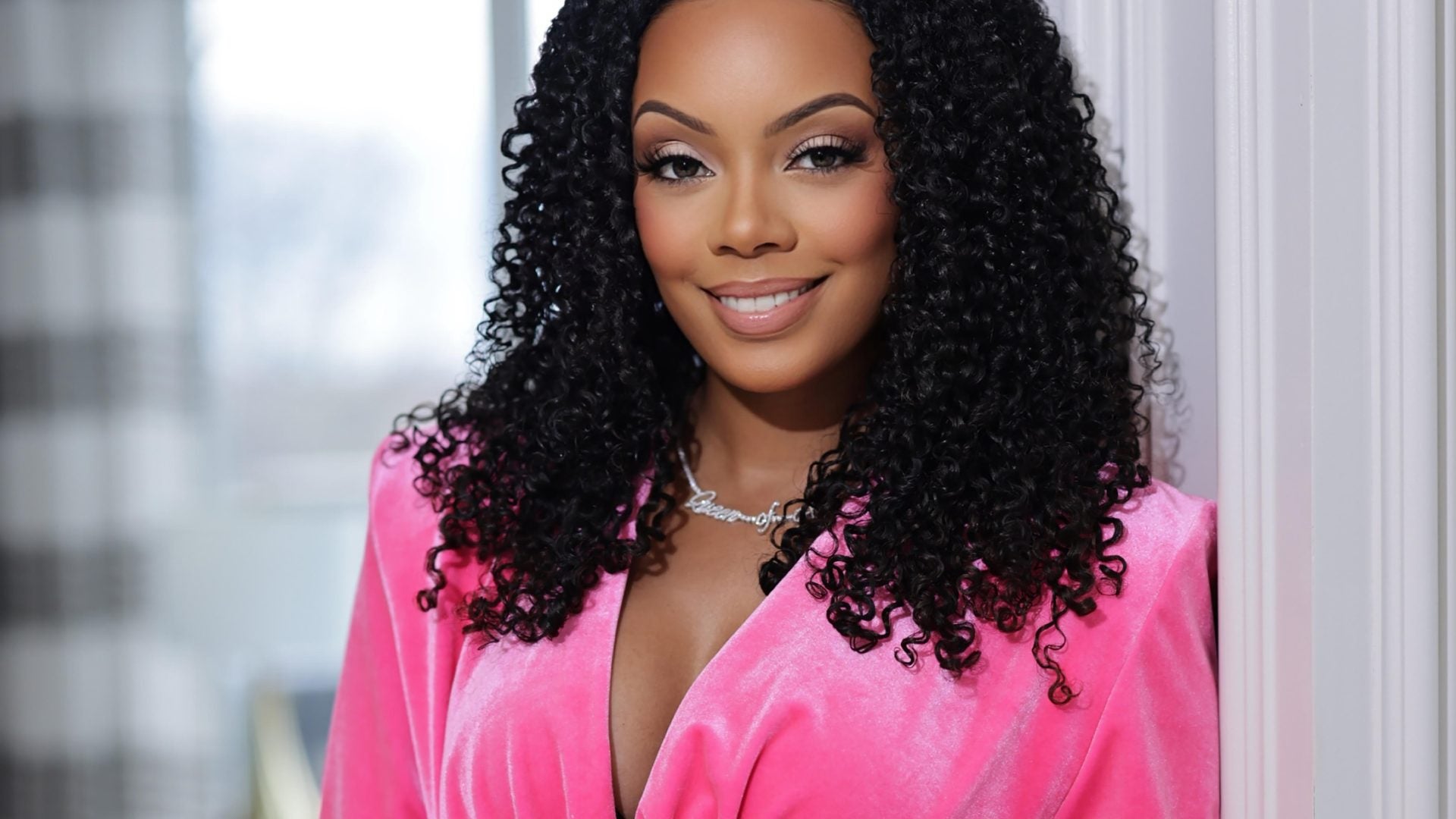
In America, the pursuit of homeownership can be likened to the pursuit of happiness—after all, it has long been a way for families to “build generational wealth.” However, not all is equal in the world of housing and due to a variety of factors, “Black families are likely to fall further behind despite unprecedented growth in the real estate market…[and] their children and grandchildren will also potentially fall further behind.”
According to the 2022 Snapshot of Race & Home Buying in America, which was released in February, the “homeownership rate for Black Americans is still lower than in 2010, the group most affected by declines in homeownership rates before, during, and after the Great Recession.”
Indeed, a report from the Urban Institute found that “since homeownership first became viable for Black families, who had historically been denied access to this asset, the benefits have been uneven and have not accrued equitably…[and that] a history of segregation and discrimination has reduced the financial benefits of homeownership for homeowners of color.”
Urban planner Pete Saunders argues the “continuing devaluation of Black property…Black residents aren’t reaping the benefits of homeownership in the way that whites do…Even when Blacks are able to get into homeownership…sometimes they don’t get the return on investment that others do.”
“‘If you come from a line of renters or people who live in subsidized housing, owning a home is daunting…you need to be able to maintain the house, pay the utilities, be responsible for other costs’ and the organization [YWCA] has set a goal of ‘getting 1,000 people into homes by 2025’…Helping them get into ownership entails credit and financial education and making connections with accredited lending institutions,” states Robert Johnson, who manages the YWCA’s Economic Empowerment Institute. Johnson is an ardent advocate for educating Black Americans on the financial rewards one can reap as a benefit of owning a home.
President of the Dearborn Realist Board and a Century 21 S.G.R. agent based out of Chicago, Gwendolene Newton said, “‘We’re not at the same starting point’…[d]ecades of discriminatory hiring, lending and housing policies…’ kept African Americans farther behind on building up savings and credit. The lack of savings and the lack of disposable income is significant in the community…there’s a huge disparity in terms of purchasing power [and] in terms of the starting point…If we’re going to make strides in Black homeownership, we need institutions to make up for the policies that have kept the Black community in arrears…we need some sort of restorative justice pool of down payment money…We’re still reeling from the repercussions’ [of redlining, codified segregation, and other discriminatory practices]…it’s time for ‘an intentional effort to help Blacks build generational wealth.’”




